
Tinubu Yet to Appoint Ambassadors as Nigeria Faces Diplomatic Setbacks Amid U.S. and UAE Visa Restrictions

Nearly two years after recalling Nigeria’s ambassadors worldwide, President Bola Tinubu has yet to appoint replacements, leaving the country without formal diplomatic representation in over 100 missions. This prolonged delay is affecting Nigeria’s ability to respond to new visa restrictions imposed by the United States and the United Arab Emirates (UAE).
Recently, the United States reduced visa validity for Nigerians to a single-entry, three-month limit, replacing longer-term multiple-entry options. The UAE suspended transit visas for Nigerians and introduced stricter financial requirements, including proof of at least $10,000 in bank statements.
Without ambassadors in place, Nigeria’s missions abroad are led by chargés d’affaires who lack the authority to negotiate or influence high-level decisions. This limits Nigeria’s capacity to engage with foreign governments, address the concerns of its citizens abroad, and support bilateral discussions.
Students, professionals, and business travellers are experiencing reduced consular assistance and increased administrative challenges. Additionally, the lack of senior representation hinders efforts to attract investment and participate fully in international forums.
The federal government previously stated that new appointments were being vetted, but no names have been announced. Internal factors such as political coordination and selection processes are believed to be contributing to the delay.
Until new ambassadors are deployed, Nigeria’s diplomatic response remains limited, particularly at a time of growing global travel restrictions and shifting foreign policy.
Read More:
- Nigerian Govt Opens Exclusive Passport Office for Senior Officials as Nigerians Endure Delays
- Ghana Sets Up Anti-Gold Smuggling Task Force to Recover Billions in Lost Revenue
About The Author
Related Articles
Niger’s Tiani Sets Out “Security First” Doctrine at AES Summit, Signals Complete Break from Old Order
At the AES summit bringing together Burkina Faso, Mali, and Niger, Niger’s...
ByWest Africa WeeklyDecember 23, 2025AES Confederation Launches Television Network in Push for Media Sovereignty
Meeting in Bamako, the three Heads of State of the Confederation of...
ByWest Africa WeeklyDecember 23, 2025Gold Sector Revival Expected to Drive Mali Growth Next Year
The International Monetary Fund has projected that Mali’s economy will return to...
ByWest Africa WeeklyDecember 22, 2025Burkina Faso, Mali and Niger Formalise New Regional Security Alliance
Burkina Faso, Mali and Niger have formally launched a joint regional military...
ByWest Africa WeeklyDecember 22, 2025



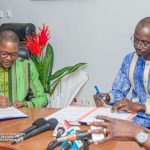

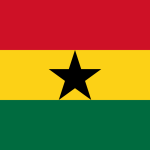
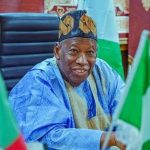

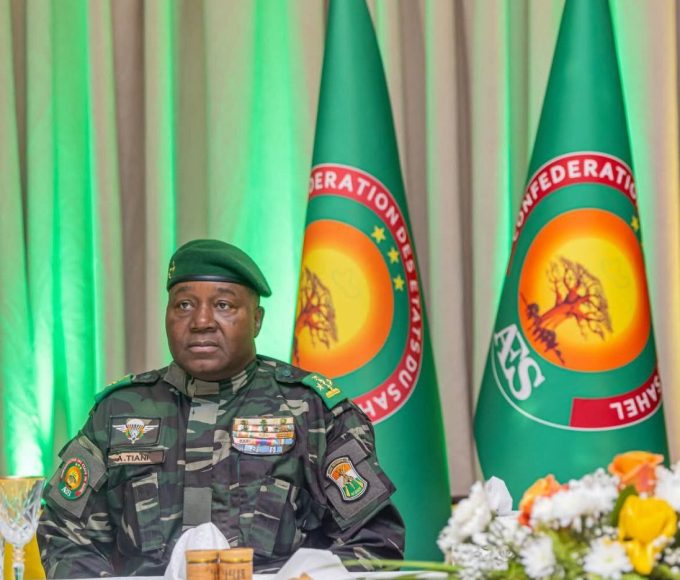
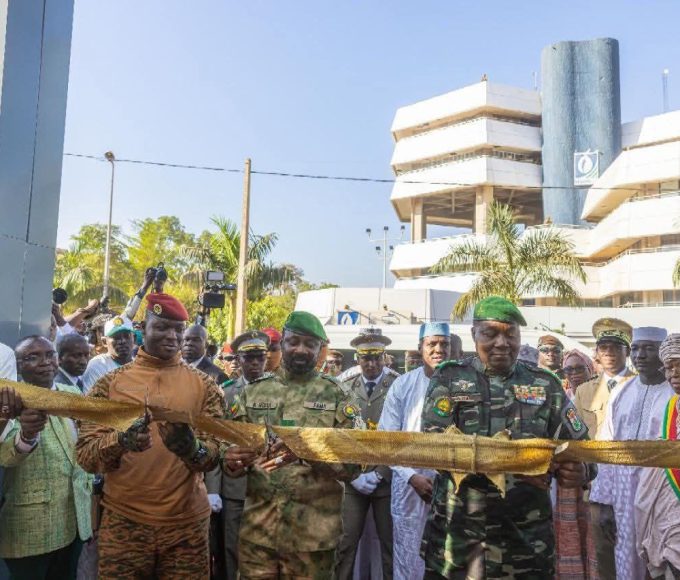
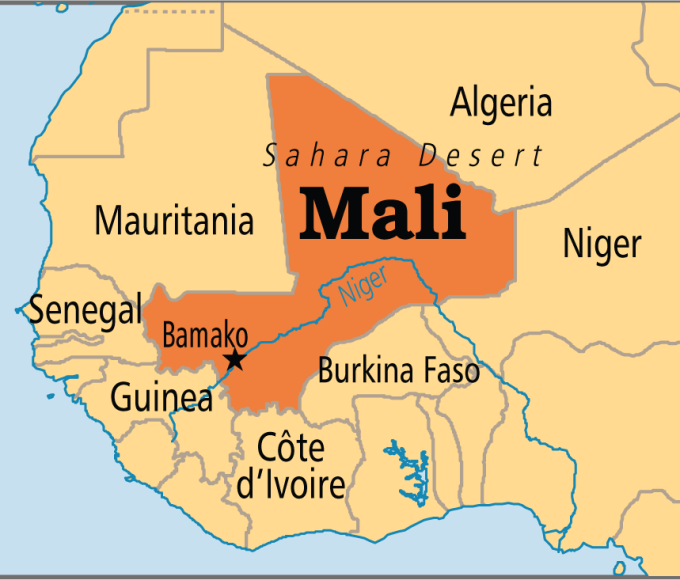
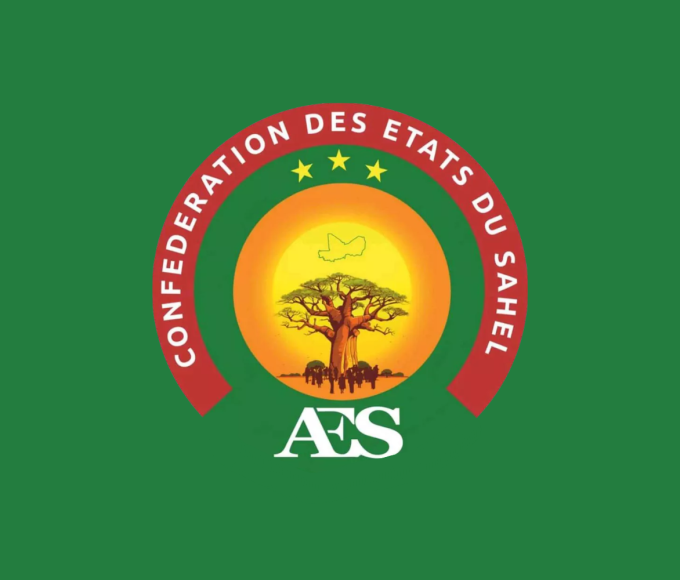
Leave a comment